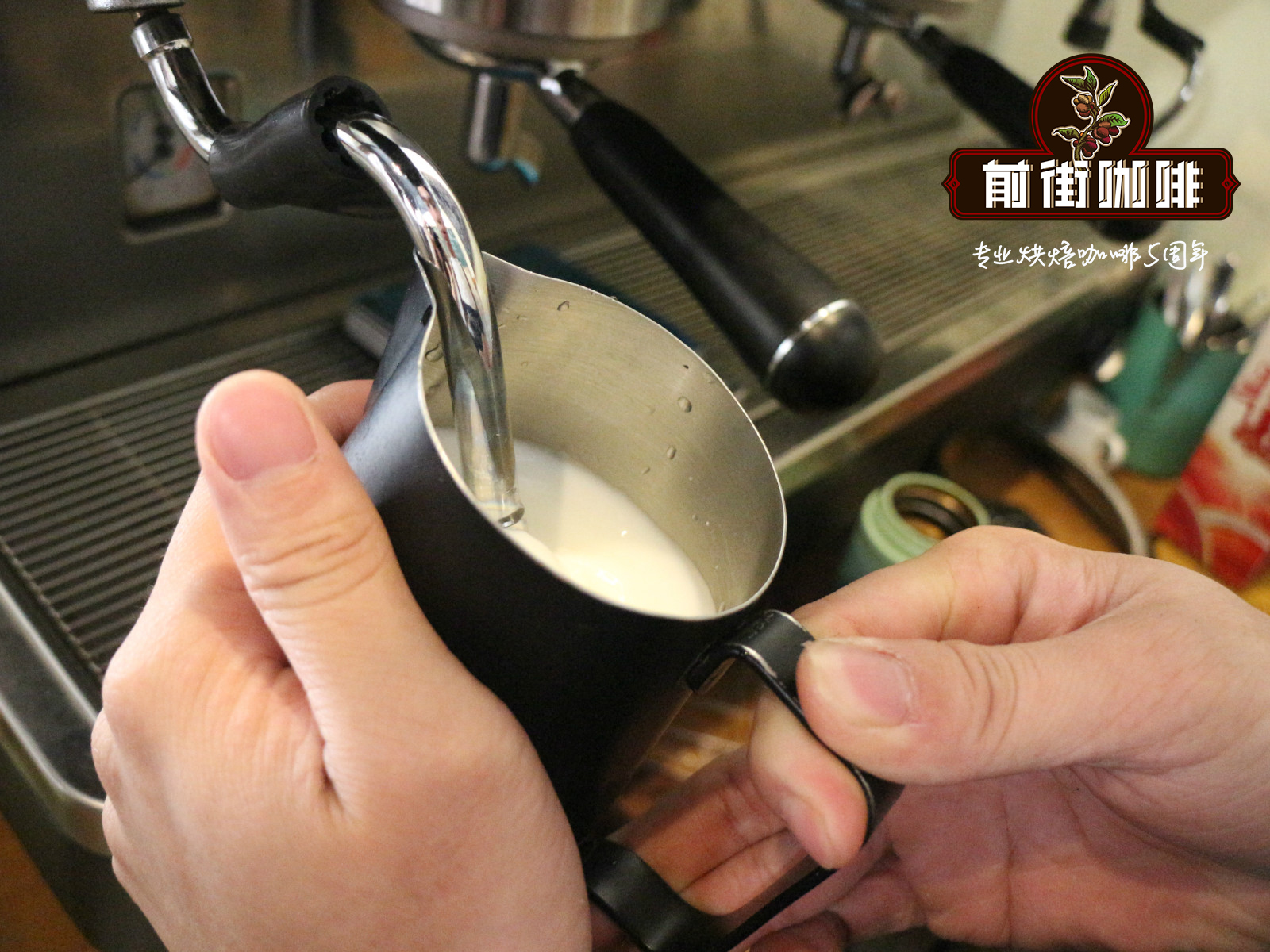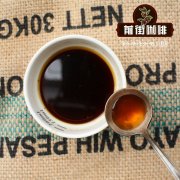Characteristics of Kirura Cooperative Coffee beans in Qi'anbu, Kenya _ aa Coffee World ranking

Professional coffee knowledge exchange more coffee bean information please follow the coffee workshop (Wechat official account cafe_style)
Kenya Kiambu Kirura
Coffee producing area of Kenya-Kiambu
Kirura is one of the 13 washing stations in Komothai, the largest cooperative in Kianmbu County. The area is a collage of historic colonial cafes, single farmers' estates and well-run cooperatives. Co-growers are the fertile soil of the mountains. In Kenya, the relentless sunshine and wildflower-lined roads eventually lead to nearby Nairobi. Under these conditions, Kirura's face shines with stones and tropical fruits. Delicate acidity, like a plump rose fruit, makes it a lively cup that behaves well in any way: dripping or ice cubes.
Kirura Coffee Factory is part of Komothai FCS and is located in Kiambu County.
The regional soil is well nourished, with red volcanic rock, black cotton and fertile soil. The annual precipitation of 90-1100 mm ensures good soil saturation, and the annual output is about 52 metric tons of clean coffee. In a factory (also known as a wet mill), cherries are pulped and fermented. 24 hours. After fermentation, the coffee is soaked in a pot full of water and washed in the channel. Still in a state of washing, coffee is graded in P1 (the heaviest parchment), P2 and lamp (floats), and any remaining cherries are removed and processed separately. The coffee is dried on a raised table and may take three weeks to dry. At night and during the hottest periods, parchment is covered so that the drying is uniform.
Like other factories and estates in the same area, there are a variety of native shade trees, and the area has a variety of wild animals, such as antelopes, hyenas, porcupines, squirrels, anteaters, monkeys and so on.
About the coffee trade in Kenya
Kenya is a strong origin of coffee and the most precious coffee in our hearts. The best factory and Estates's traditional production practices and attention to detail are conducive to the quality of other coffee sources, as well as the flavor characteristics from the best batches can be noble.
Kenya also has one of the most transparent and stringent buying systems in the world at the Nairobi auction. There are many well-organized and well-established estates around Nairobi-but most of the supply comes from farmers organizing into cooperatives, as the average farmer usually owns 0.5 to 3 acres of land. According to Kenyan law, farmers under five acres must be formed into a cooperative.
In general, the Coop Society can serve many washing stations-each serving small farmers there to bring coffee to mrket. It is illegal to sell cherries to middlemen, so in order to provide money, education and input and support to farmers, there is a group of "market agents" who represent farmers throughout the supply chain. These market agents act as dry grinding partners and will take away the partner's coffee through the auction system. Market agents cannot own coffee-they in turn charge partners for milling services and a small portion of the auction price after the coffee is sold. These agents are a very important step in linking farmers to the market-because their samples are passed on to all exporters who bid at the auction-they work with the farmers to set the reserve price at the auction. then negotiate with the buyer if the reserve is not met.
Kenya has about 15 truly active exporters-but more than 60 are registered at auctions. Each exporter will receive more than 600 lots from 10 active market agents before the weekly auction. Because the law stipulates the traceability of where each small batch comes from-experienced exporters know which society or which market agent of the factory will produce certain qualities.
Exporters then hold a Nairobi auction on Tuesday, then choose what they want to bid and compete with other exporters to choose the market they want.
END
Important Notice :
前街咖啡 FrontStreet Coffee has moved to new addredd:
FrontStreet Coffee Address: 315,Donghua East Road,GuangZhou
Tel:020 38364473
- Prev

Sidamo washed Coffee Flavor Sidamo Guji Guji production area introduction of Sidamo Shakiso Coffee
Professional coffee knowledge exchange more coffee bean information Please pay attention to coffee workshop (Wechat official account cafe_style) people who like coffee, most of them have drunk Ethiopian coffee beans, the main producing areas in Egypt are Yegashafi, Sidamo, Cochel, Hara, Gucci and so on. Among them, Sidamo is famous for its elegant, meticulous and changeable aromas of flowers and fruits. Sidamo is southern Ethiopia.
- Next

Sidamo Coffee washing Sidamo Cabedo Cooperative introduces the flavor of Sidamo coffee washing
Professional coffee knowledge exchange more coffee bean information please follow the coffee workshop (Wechat official account cafe_style) Ethiopian coffee is mainly produced in eight major areas: Ekempti, Limu, Illubabor, Djimma, Harrar, Teppi/Bebeka, Sidamo, Yirgacheffe. The coffee flavor of Sidamo is very diverse, with different types of soil, microclimate and number.
Related
- Detailed explanation of Jadeite planting Land in Panamanian Jadeite Manor introduction to the grading system of Jadeite competitive bidding, Red bid, Green bid and Rose Summer
- Story of Coffee planting in Brenka region of Costa Rica Stonehenge Manor anaerobic heavy honey treatment of flavor mouth
- What's on the barrel of Blue Mountain Coffee beans?
- Can American coffee also pull flowers? How to use hot American style to pull out a good-looking pattern?
- Can you make a cold extract with coffee beans? What is the right proportion for cold-extracted coffee formula?
- Indonesian PWN Gold Mandrine Coffee Origin Features Flavor How to Chong? Mandolin coffee is American.
- A brief introduction to the flavor characteristics of Brazilian yellow bourbon coffee beans
- What is the effect of different water quality on the flavor of cold-extracted coffee? What kind of water is best for brewing coffee?
- Why do you think of Rose Summer whenever you mention Panamanian coffee?
- Introduction to the characteristics of authentic blue mountain coffee bean producing areas? What is the CIB Coffee Authority in Jamaica?

